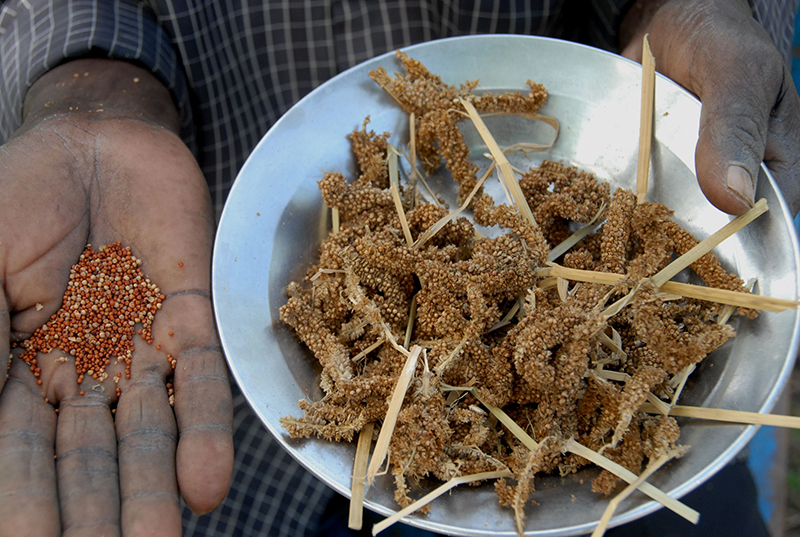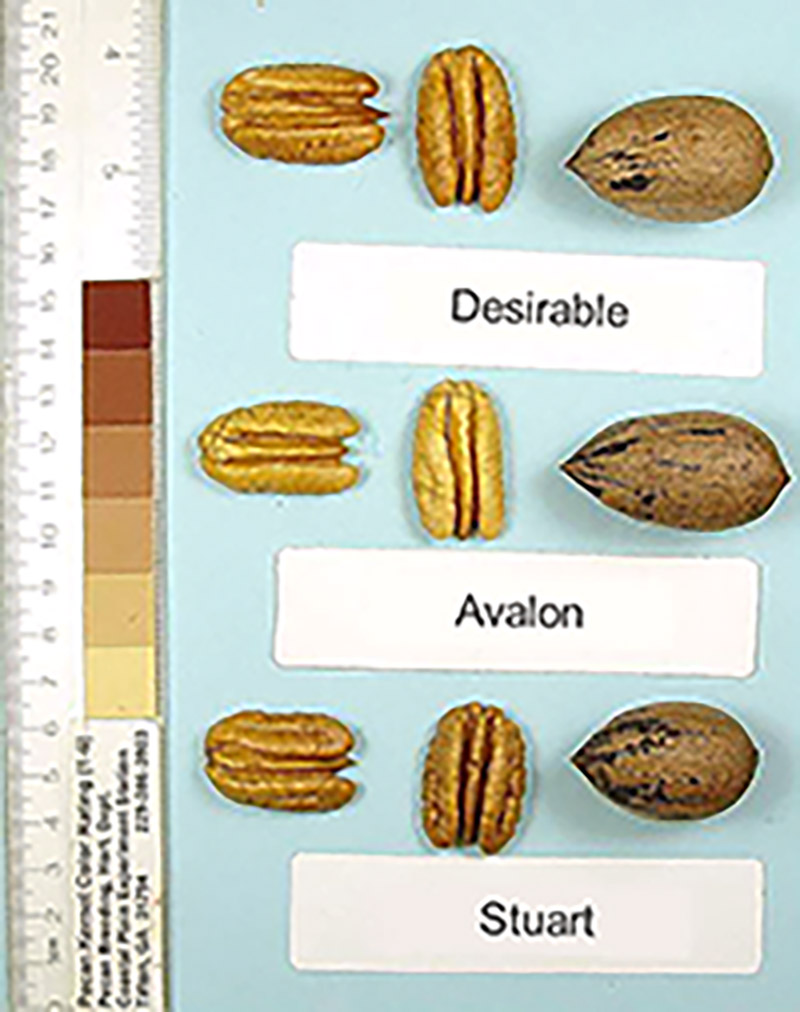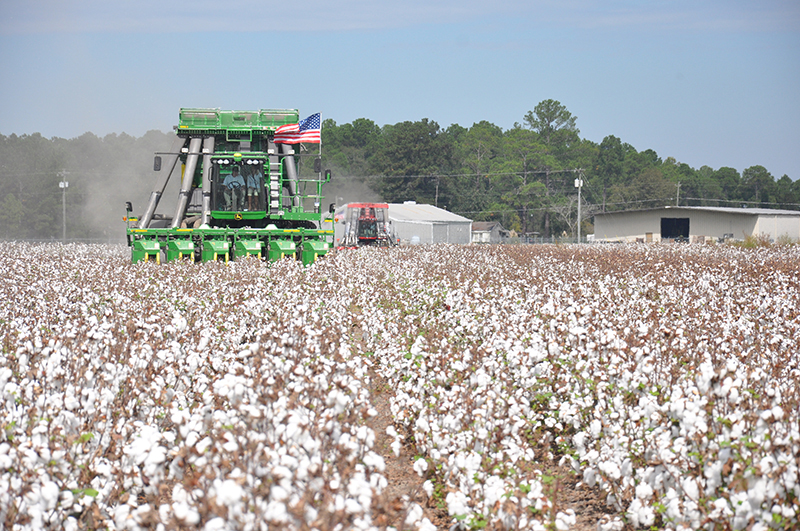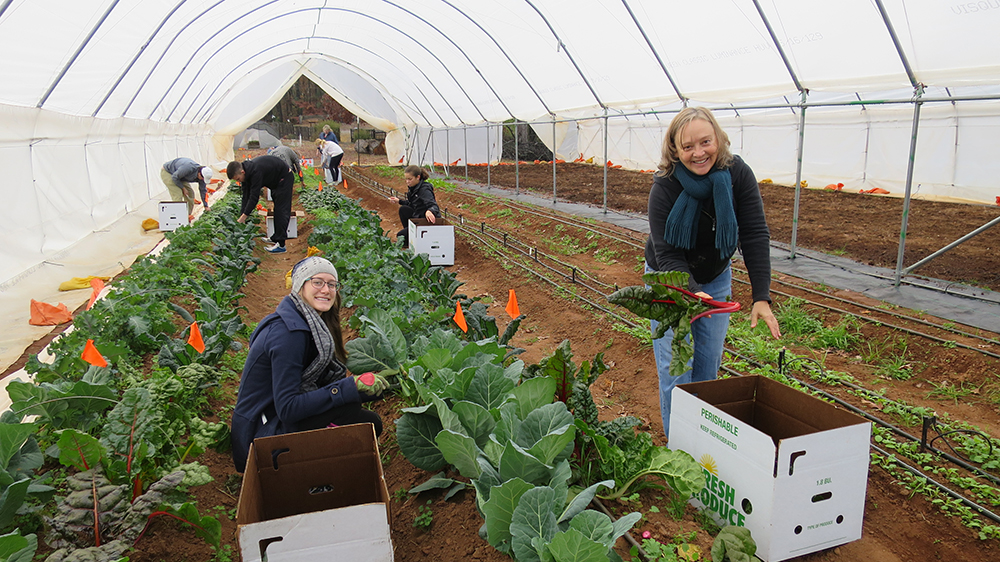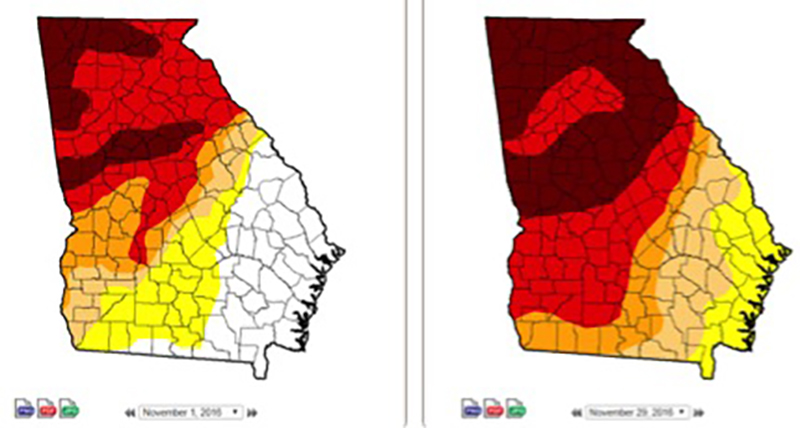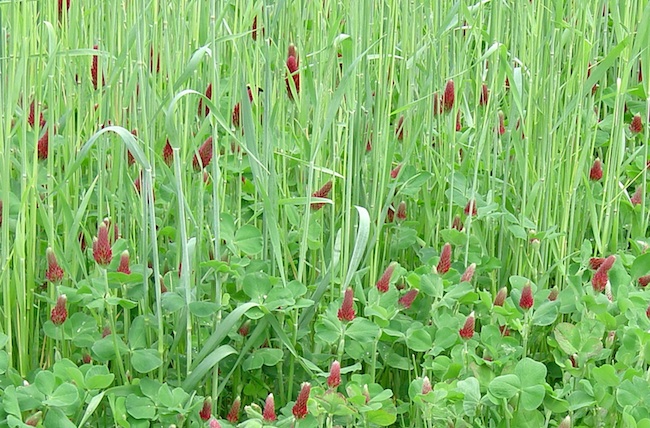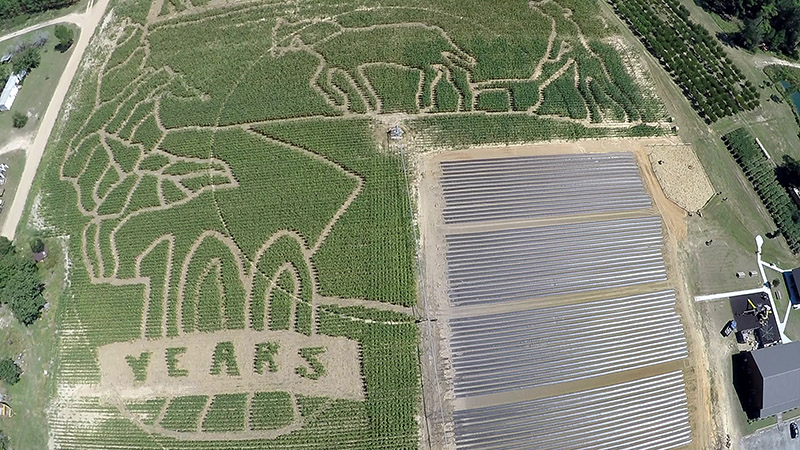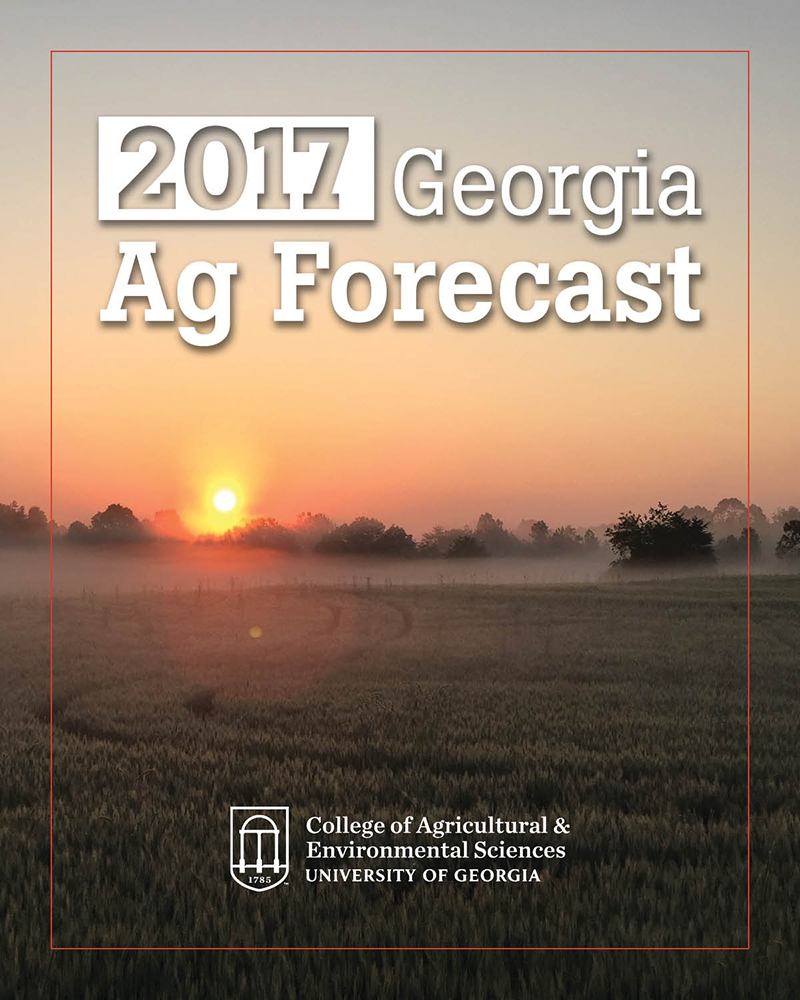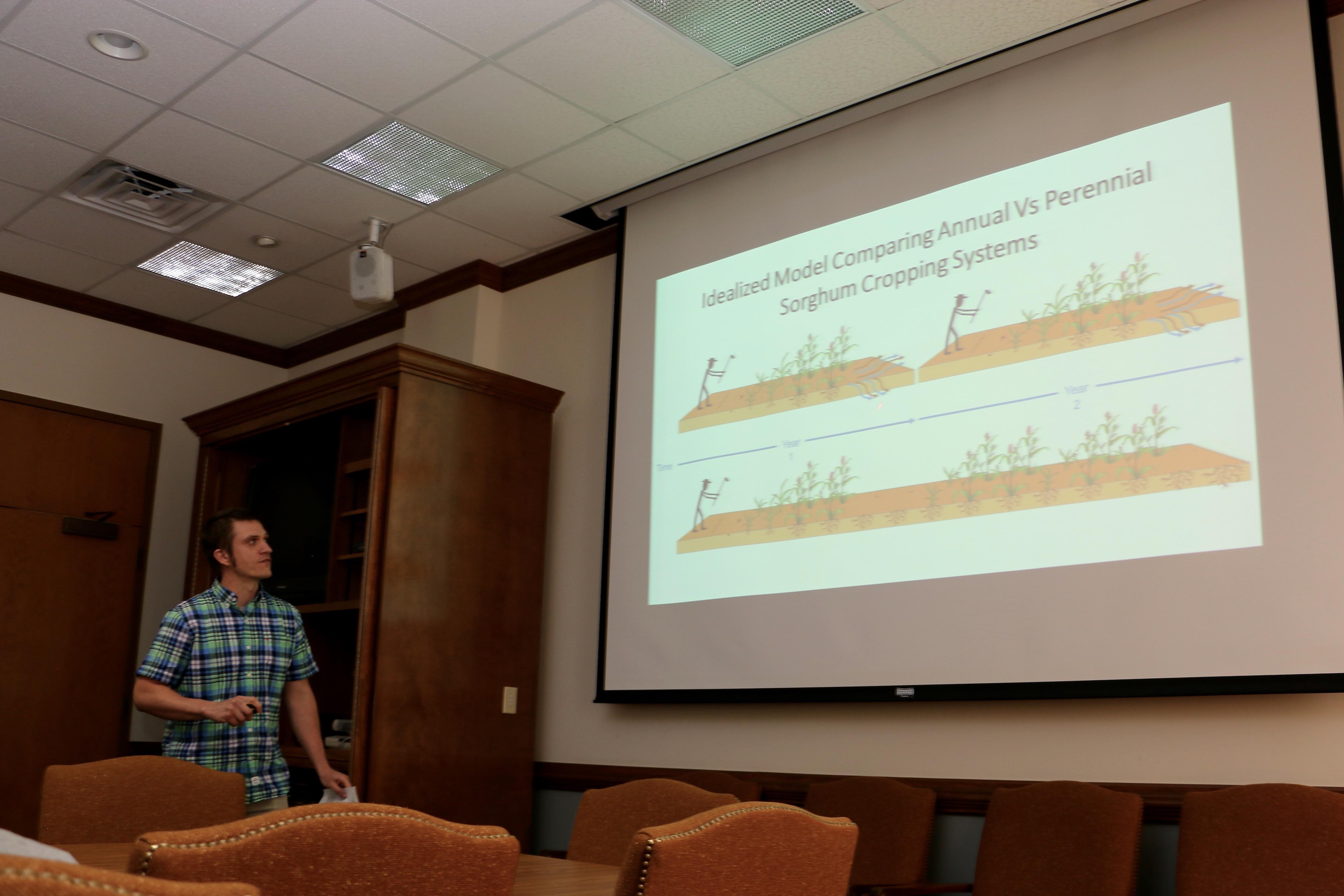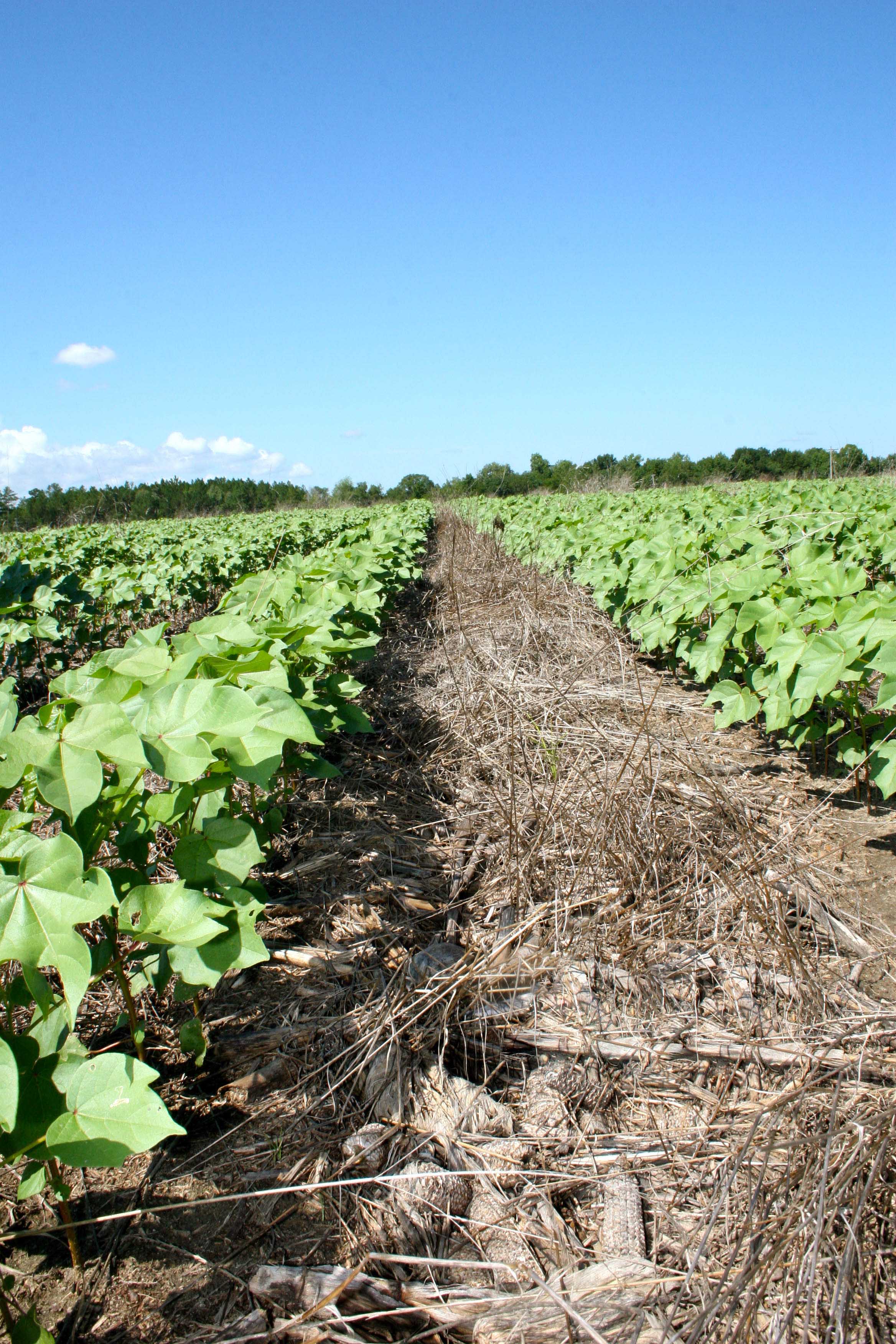 CAES News
CAES News
Conservation Tillage Conference
For decades, farmers who have embraced conservation production have seen increased soil health, reduced irrigation demands and lowered economic risk. For the past 17 years, Georgia farmers interested in adopting new conservation practices for their farms – including those looking to swap best practices with other conservation tillers – have gathered at Georgia’s annual Conservation Production Systems Training Conference.

